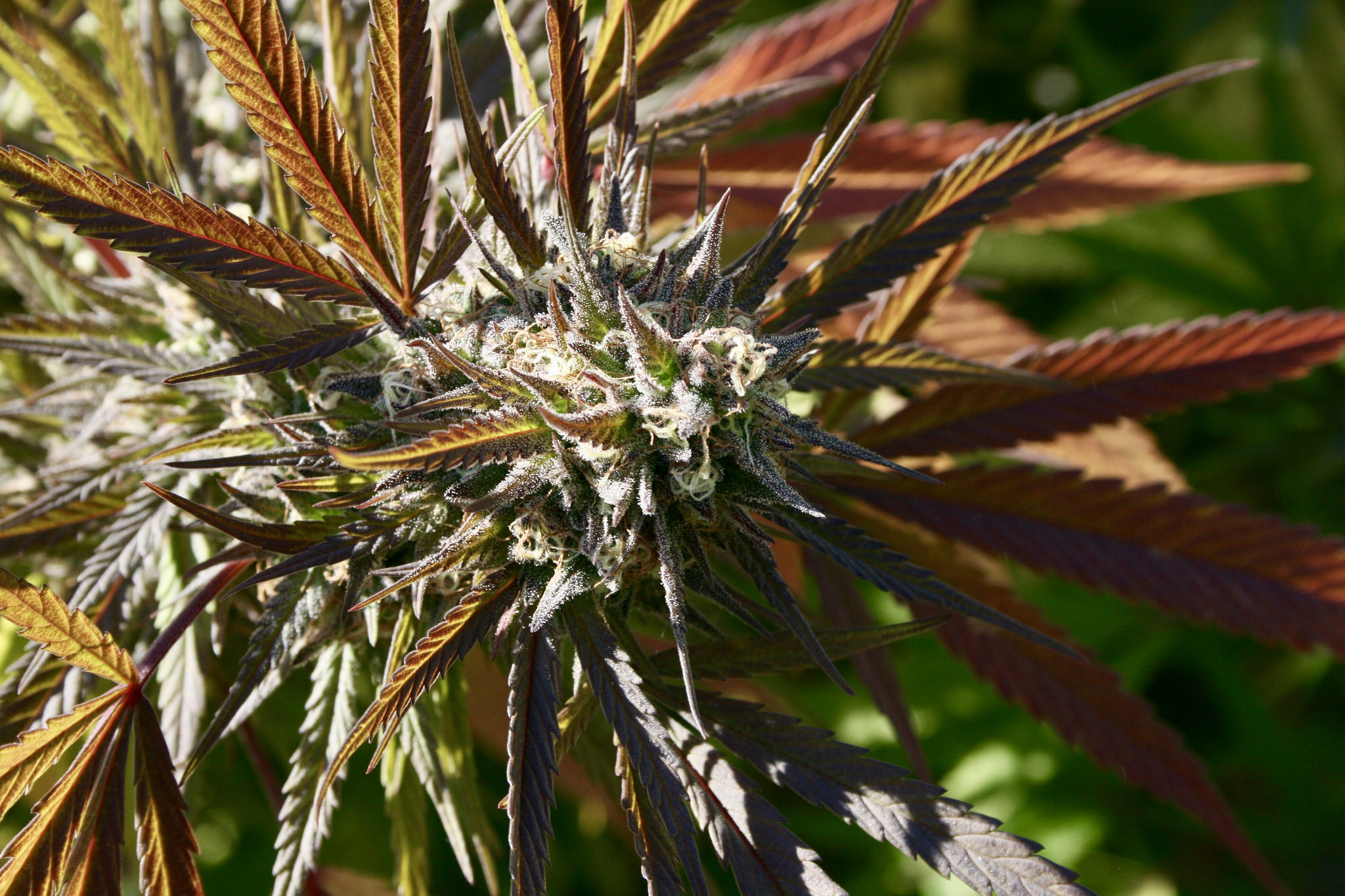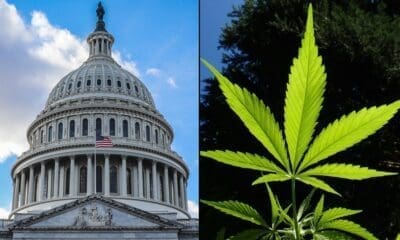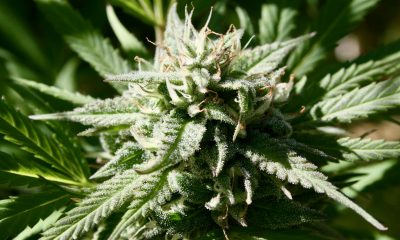Politics
South Dakota House Panel Rejects Senate-Passed Marijuana Legalization Bill While Gutting Medical Cannabis Protections

A South Dakota House committee on Monday defeated a Senate-passed bill to legalize marijuana, and members also gutted a separate measure that would have set up initial rules for the market by replacing it with new language to eliminate existing protections for medical cannabis patients.
The state Senate had narrowly approved the legalization bill, SB 3, last week. But the House State Affairs Committee defeated it by voting 8-3 to move the legislation to the 41st day of the session—one day after the session ends, thereby preventing its consideration.
Advocates say the fight isn’t completely over yet, however. It’s possible that the measure could be revived if 24 lawmakers agree to force floor consideration. Whether there’s the will for that kind of legislative maneuvering—called a “smokeout” in legislative parlance—is yet to be seen.
“SB 3 may have been defeated in committee today but there are still procedural options available to supporters,” Matthew Schweich, director of South Dakotans for Better Marijuana Laws, told Marijuana Moment. “This fight is not over. And if we ultimately come up short in this legislative session, then we will go back to the ballot this November and pass adult-use cannabis legalization in South Dakota for the second election in a row.”
“Our opponents can delay legalization but they cannot stop it,” he said. “We have the will of the people on our side.”
South Dakota voters already approved legalization during the 2020 election, but the reform was struck down by the state Supreme Court following a challenge from the governor’s office. While activists are still holding out hope that the reform can be enacted legislatively, they’re keeping the option open to go to the ballot again this November if lawmakers fail to act.
At Monday’s hearing, House Minority Leader Jamie Smith (D) implored the panel to advance the legalization proposal to the floor.
“I do believe that people in South Dakota knew what they were voting for with recreational marijuana. I believe it’s time to tax and regulate this,” Smith said. “I believe setting up that structure as a legislature is better for us than what we will have the opportunity to do if it goes again to the vote of the people and passes again. This gives us an opportunity to set it up as a legislature for the state of South Dakota.”
However, House Majority Whip Tim Goodwin (R) said that, because the state is implementing medical cannabis legalization following voter approval of the separate reform in 2020, “I really feel bad voting for something that’s against law enforcement and against the federal law. So that’s really why I’d like to send it to the 41st day.”
The committee-defeated legalization bill, sponsored by Sen. Michael Rohl (R), would have allowed adults 21 and older to purchase and possess up to one ounce of cannabis from licensed retailers.
Home cultivation would not have been permitted, however, unlike under a ballot measure that activists have been collecting signatures for.
The state Department of Revenue would have been responsible for regulating the adult-use program and promulgating rules related to issues such as transportation and registration.
A Marijuana Interim Study Committee, headed by legislative leaders, was established last year to explore the issue, and the panel ultimately recommended that the legislature take up legalization this session. This legislation was one of the direct products of that recommendation.
Meanwhile, the House committee also axed a separate Senate-passed bill dealing with marijuana penalties and initial rules that would have been put into place if voters approved legalization on the ballot, replacing it with language that advocates view as hostile.
As drafted and passed in the Senate, the licensing provisions of the measure would have made it so only existing business that currently hold liquor licenses would be eligible to enter the marijuana market. That would have included places like gas stations, grocery stores and bars.
But the language was gutted in committee, replaced the provisions from two separate bills, SB 20 and SB 16.
SB 20 would eliminate certain legal protections for medical cannabis patients under a program that voters approved in 2020, while SB 16 would expand police authority to conduct searches and make prosecutions for people who work at licensed medical cannabis facilities. That authority was reserved to regulators under the bill as drafted, and certain members argued that police need to have that ability given the absence of trained investigators in the Department of Health.
Advocates have perviously defeated attempts to advance SB 20 several times this session, but its proponents continue to find new ways to revive its language.
“Our opponents are so desperate to prosecute medical cannabis patients that they resurrected the bill again this morning and managed to pass it out of committee,” Schweich said. “Unfortunately, there are people in South Dakota who are obsessed with the idea of criminalizing people with MS, epilepsy and other serious conditions. This debate is far from over.”
Separately, the House rejected a separate bill last week that would have established a tax policy if recreational marijuana became legal, setting an overall 15 percent tax on cannabis just as was prescribed under the voter-approved 2020 initiative.
Activists viewed that defeat as a setback, but clarified that the measure itself would not have legalized adult-use cannabis. What’s most important, they say, is passing SB 3 to enact the broader reform.
Photo courtesy of Brian Shamblen.
















